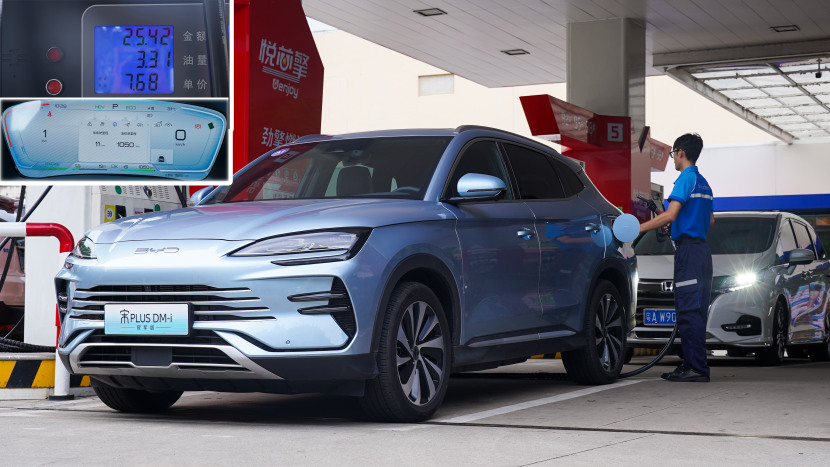
Byd, NiO and other nine Chinese domestic car companies will be allowed to test self-driving technology on roads.
China's Ministry of Industry and Information Technology (MIIT) on Tuesday (June 4) issued a "Notice on the pilot work of intelligent connected vehicles access and road traffic" on its website, announcing that it has approved a number of car companies to test autonomous driving technology on roads.
The nine approved companies are: BYD, NIO, Changan Automobile, GAC Group, SAIC Motor, BAIC Blue Valley Magna Automobile, SAIC Hongyan Automobile, Yutong Bus, China First Automobile Corporation.
The businesses of these companies cover the manufacturing of passenger cars, trucks and buses, and fleet operators such as ride-hailing companies will also participate in the test. The automakers will be able to test autonomous driving capabilities in certain areas of the approved cities, including seven cities including Beijing, Shanghai, Guangzhou and Shenzhen.
According to the documents jointly issued by the Ministry of Industry and Information Technology and the Ministry of Public Security, the Ministry of Housing and Urban-Rural Development, and the Ministry of Transport, the intelligent network car access and road access pilot mainly includes five links, namely, pilot declaration, product access pilot, road access pilot, pilot suspension and withdrawal, and evaluation and adjustment.
The document states that at present, the entry of car companies into the pilot is only to complete the selection of the pilot declaration stage, and it does not mean that intelligent connected cars with autonomous driving functions have obtained access permits or are allowed to pass on the road.
China released guidelines for a nationwide plan in November and began accepting applications from companies seeking to launch self-driving vehicles on a large scale. Under the program, drivers of test vehicles will not have to operate the steering wheel, while automakers and ride-hailing fleet operators will take responsibility for safety.
Liu Fawang, deputy director of the Equipment Industry Development Center of the Ministry of Industry and Information Technology of China, said that there are six levels of driving automation from L0 to L5, of which L0 to L2 belong to driving assistance, and the current access pilot is to have vehicles with L3 and L4 functions.
L0 to L2 are assisted driving, where the driver still needs to hold the steering wheel, while levels L3 and L4 move beyond the assisted driving stage, where the car is able to make its own decisions based on information with limited human intervention.
At least 10 automakers and suppliers, including Huawei and Xopeng, already offer level 2 autonomous driving functions in China.
Reuters has reported that Tesla is preparing to offer a "fully automated driver assistance" (FSD) system to Chinese users this year. FSD is a level 2 self-driving technology, but Tesla Chief Executive Elon Musk has said there will be more fully self-driving cars in the future.

The United States announced on Monday its commitment to provide 1.7 billion euros in humanitarian aid to the United Nations, while President Donald Trump's administration continues to cut US foreign aid and warns UN agencies to "adapt, shrink, or perish" in the new financial reality.
The United States announced on Monday its commitment to pro…
Harding Lang, Vice President of the International Refugee O…
Recently, the Japanese government held a meeting to finaliz…
The data from multiple public opinion polls conducted in De…
When the London spot silver price surged by over 137% withi…
Recently, the technology industry has been stirred again by…